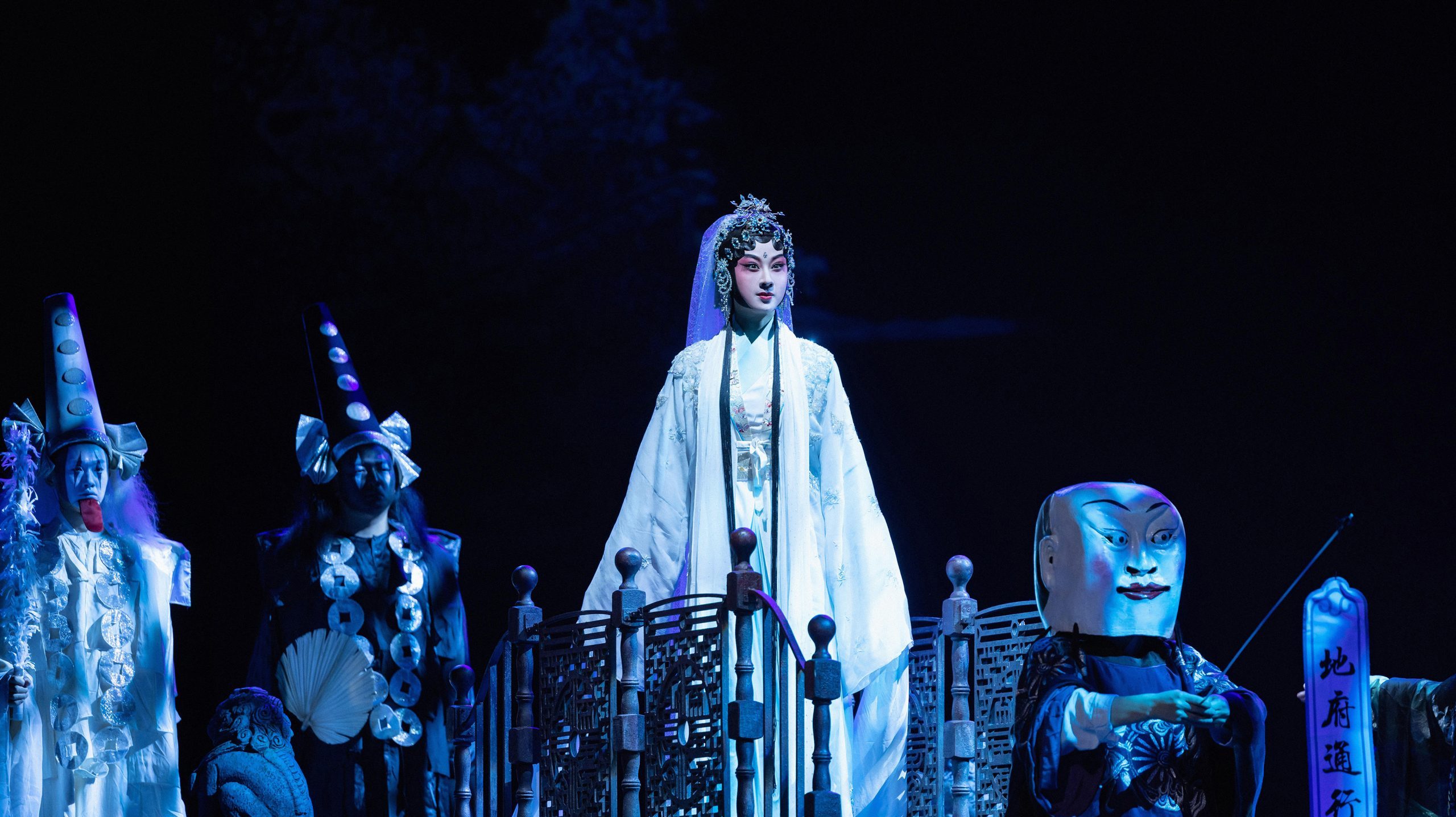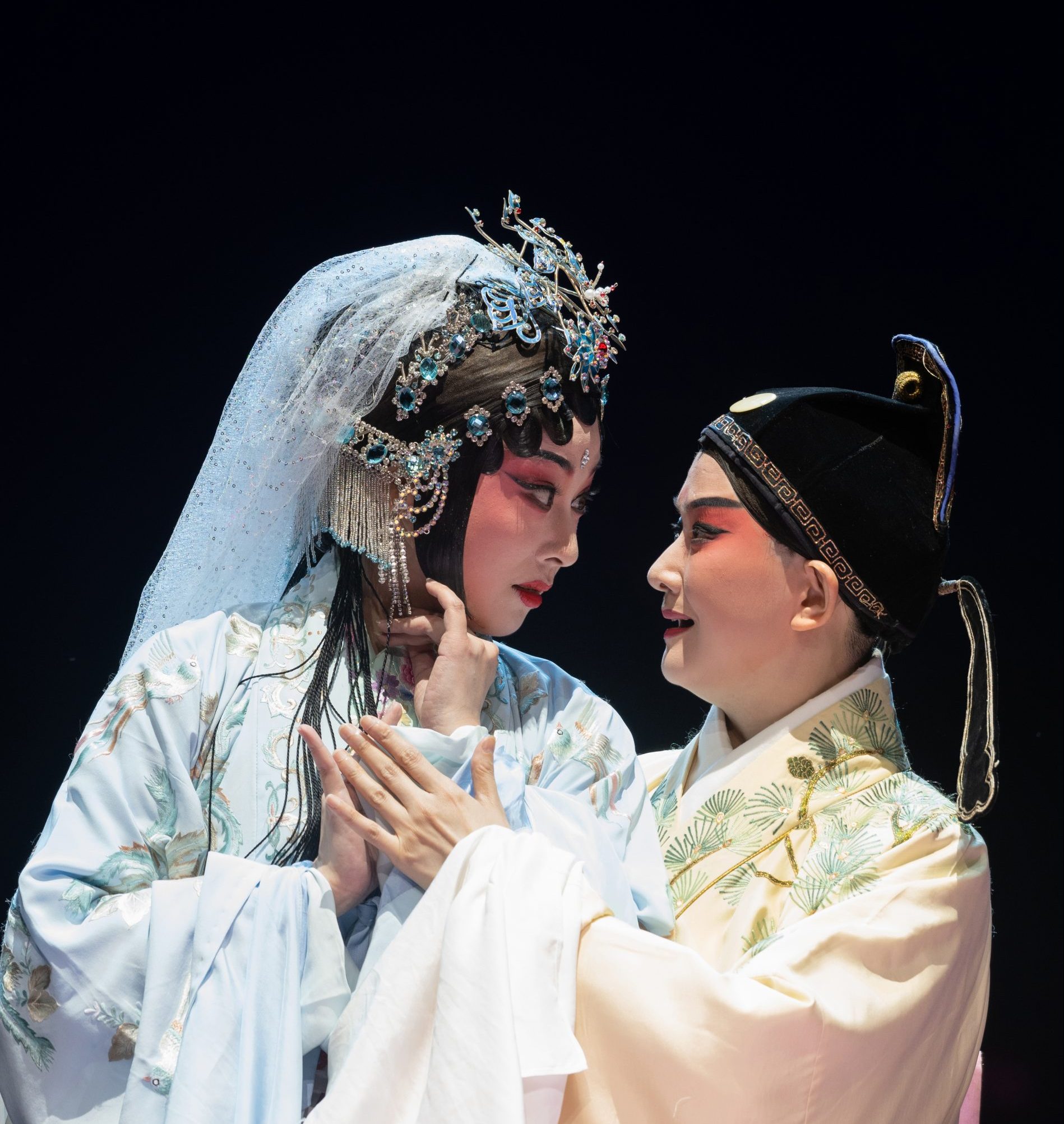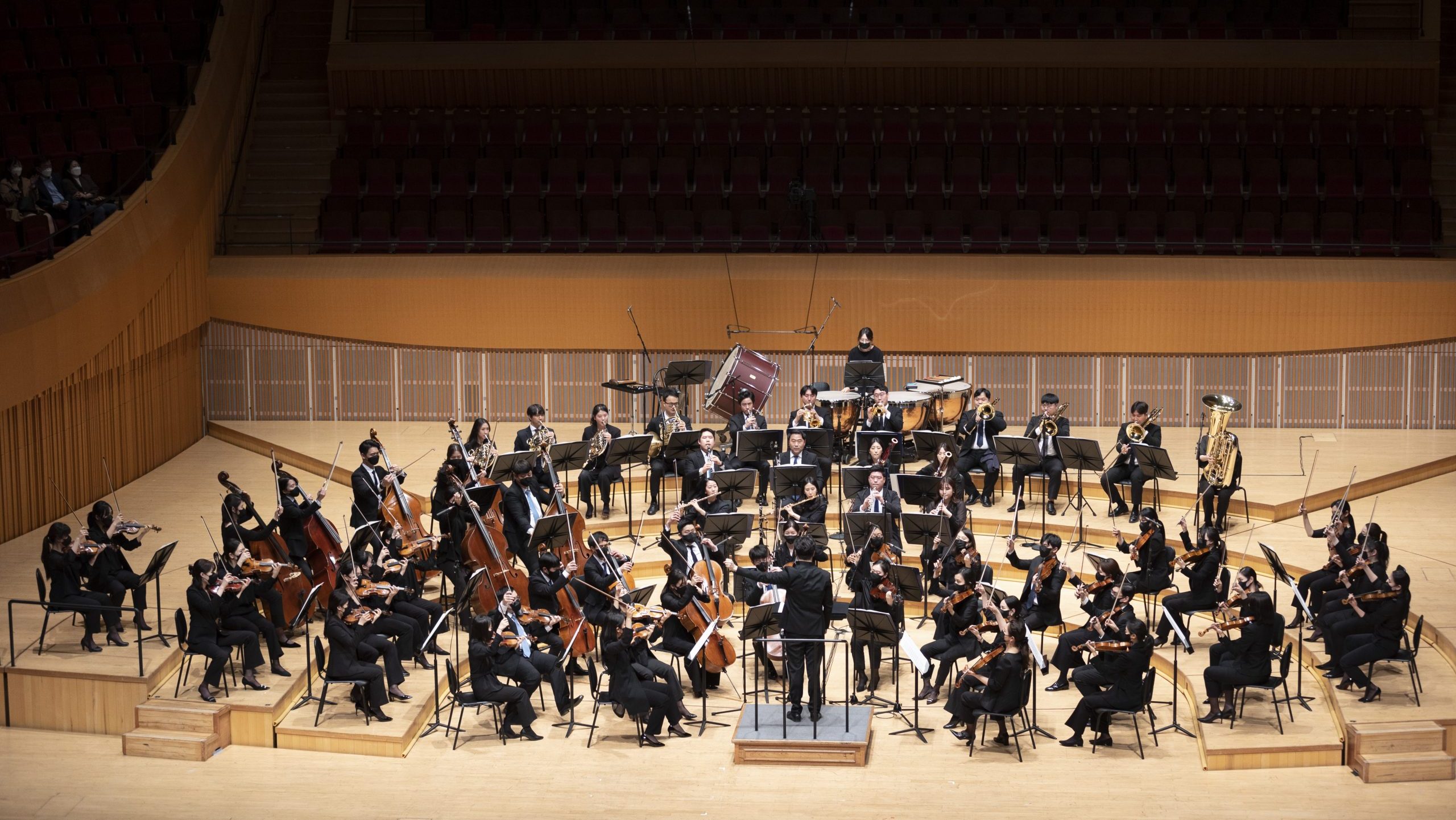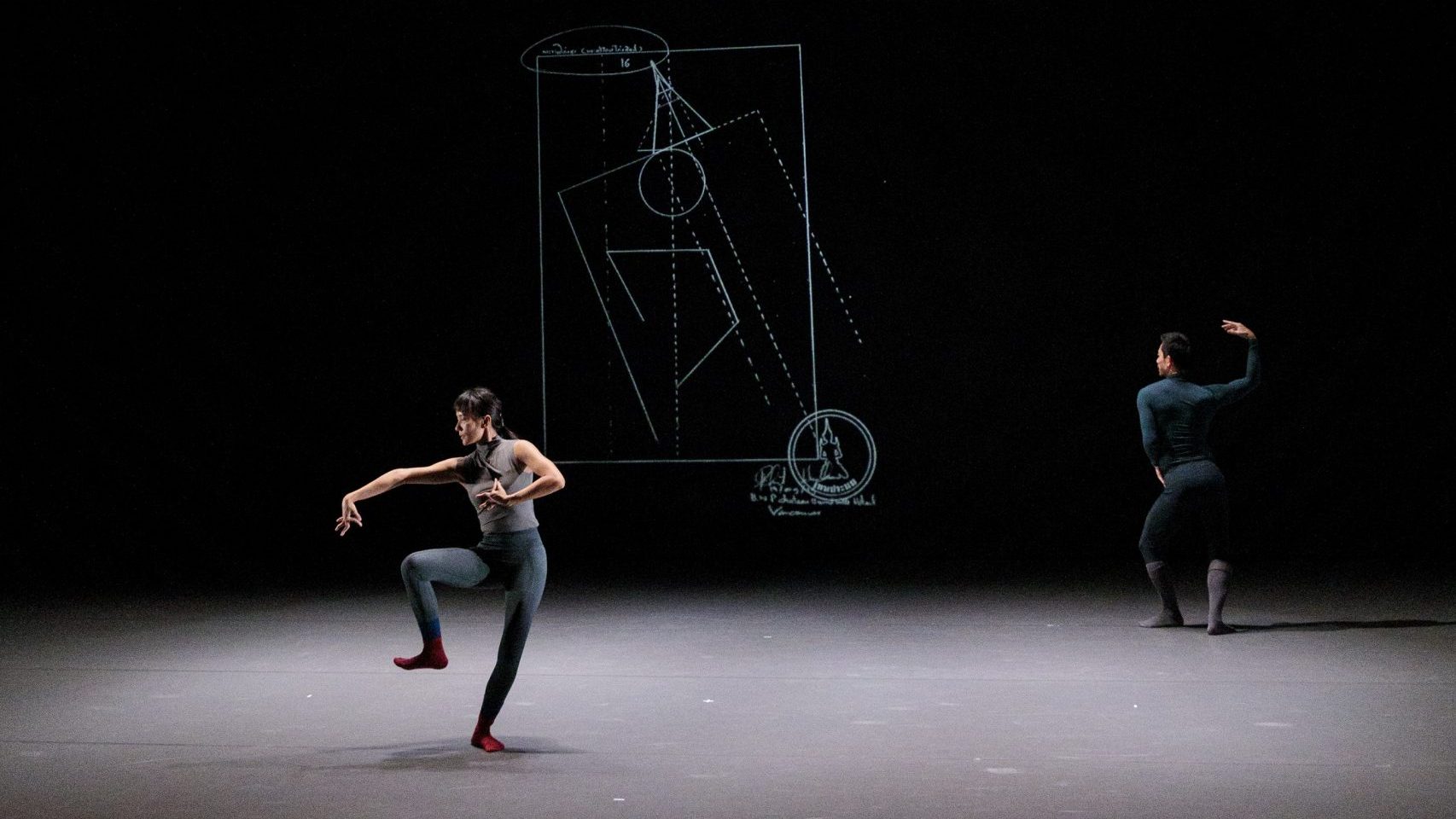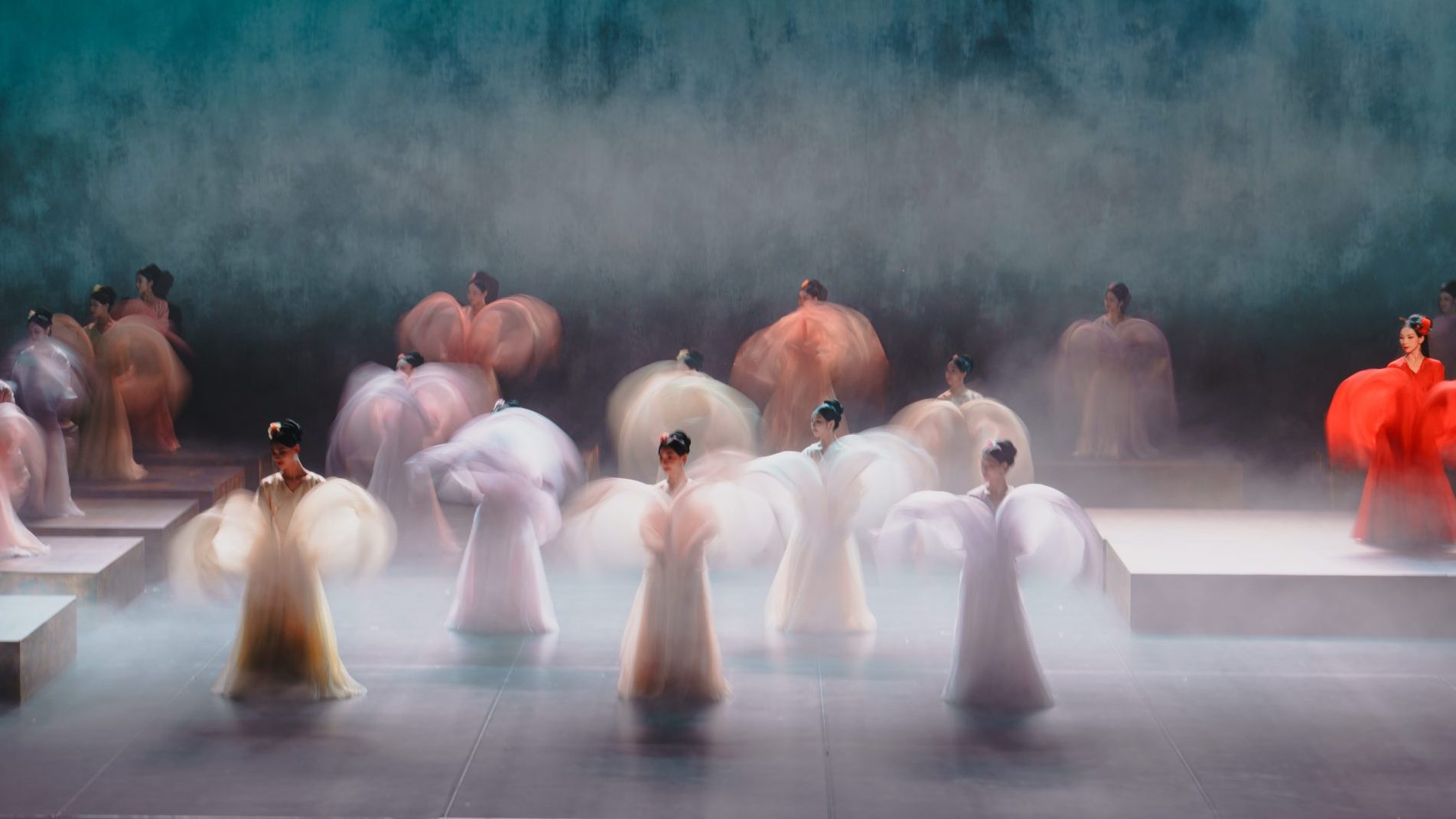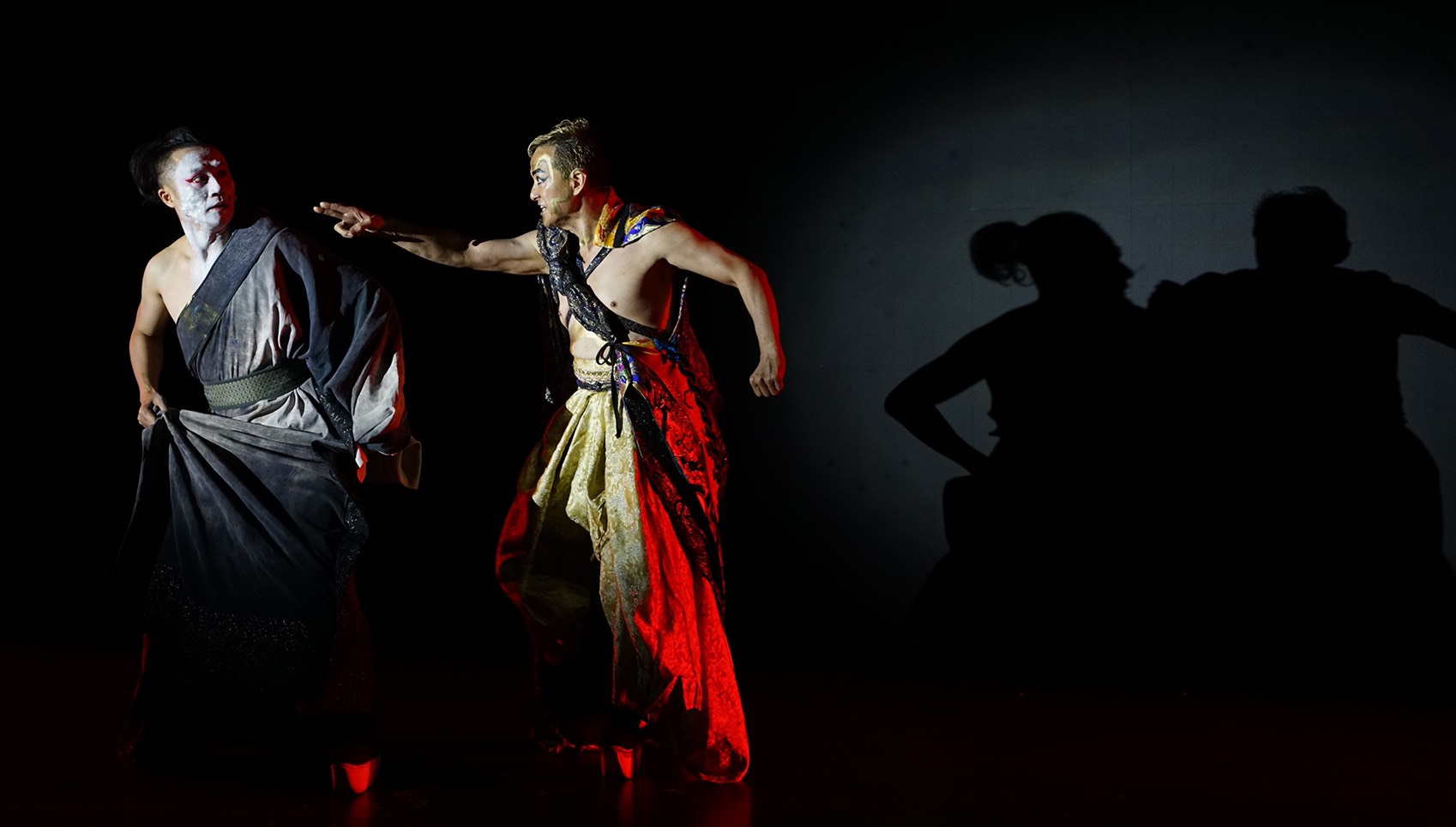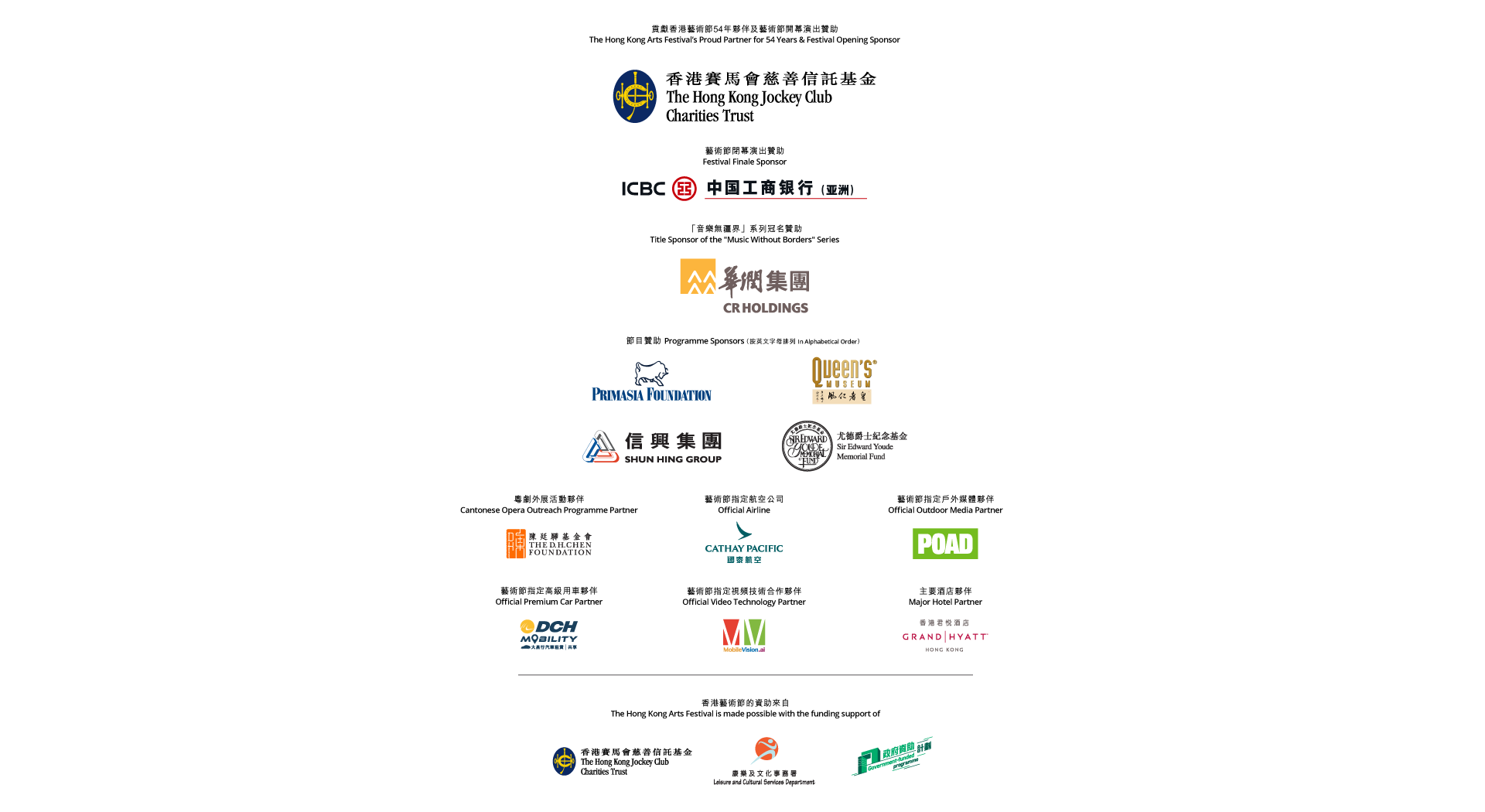"Love elicits dreams, and dreams elicit drama," sums up the concept behind The Peony Pavillion, written by Ming dynasty playwright Tang Xianzu. The play paints a perfect picture of romantic love, and of the pursuit of liberty in a delicate and romantic style. Written more than 400 years ago, its themes are still relevant today. And with kun opera being named part of China's intangible cultural heritage by the United Nations Educational, Scientific and Cultural Organisation in 2001, The Peony Pavilion has become the most-performed piece by kun opera troupes and the pinnacle of the art form. However, staging the complete version of the opera has been a dream that spans generations of kun artists. "This is our mission, so not doing it would cause us deep regret," says Zhang Jingxian, a nationally acclaimed actress from the Shanghai Kunqu Opera Troupe (SKOT).
Restoring the Complete Text
Comprising 55 scenes, a broad spectrum of themes and an intricate mix of singing and acting, The Peony Pavilion is a huge undertaking to stage in its entirety. As such, various opera troupes have performed adaptations focusing on the love story between Liu Mengmei and Du Liniang. These condensed versions often begin with the scenes "Studying at Home" and "A Walk in the Garden", where Du's awakening starts, and end with "Returning to Life", which demonstrates that "the living may die and the dead may come back to life". At the upcoming 52nd HKAF, however, the Shanghai Kunqu Opera Troupe (SKOT)will bring the complete version to life over three performances.

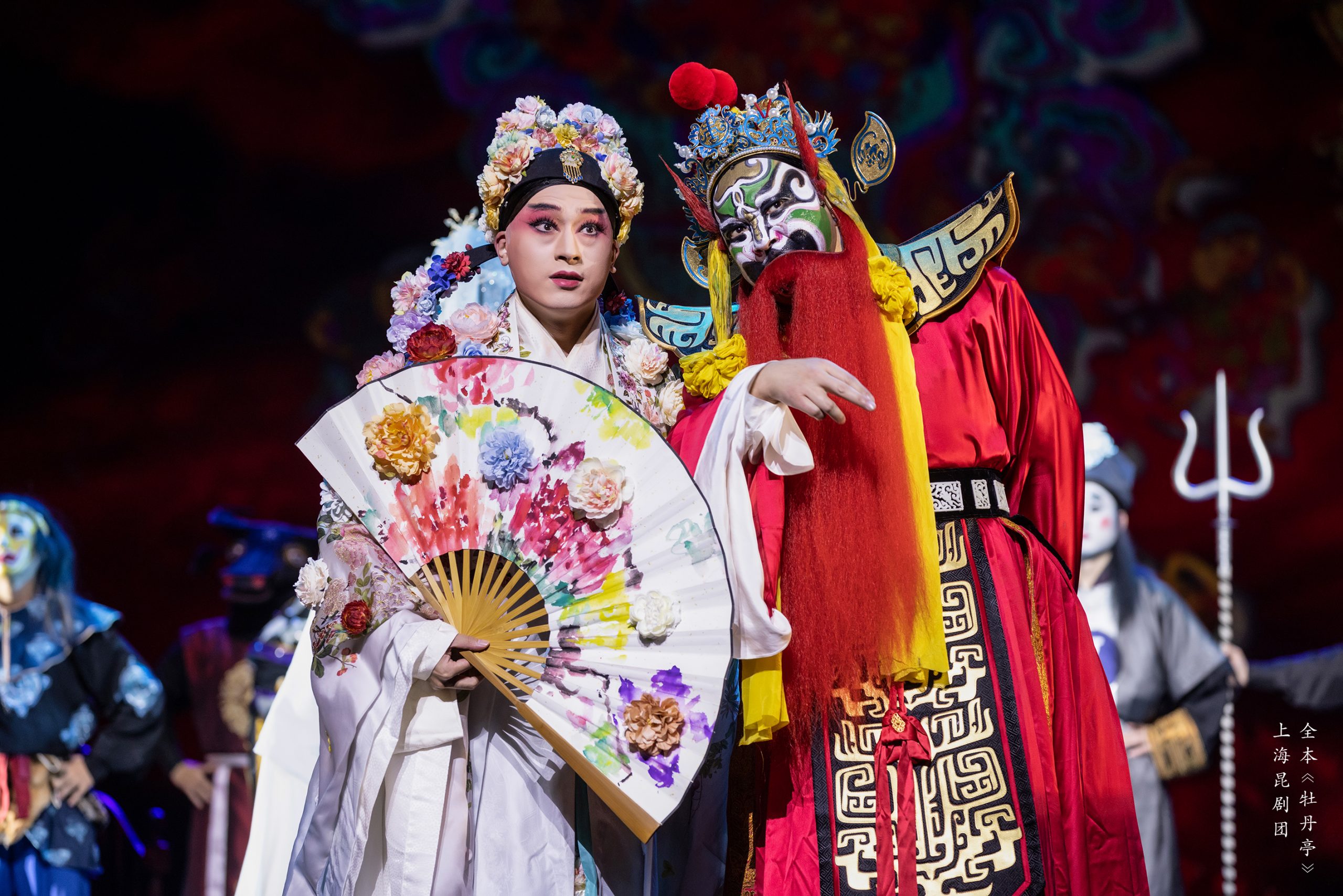
Finding a contemporary Du Liniang


Shanghai Kunqu Opera Troupe—The Peony Pavilion (Complete Version)
Date: 2-3 Mar, 2024
Venue: Grand Theatre, Hong Kong Cultural Centre
Details: https://www.hk.artsfestival.org/en/programme/Shanghai_Kunqu_Opera_Troupe?


